T4K3.news
UK signs trade deal with India worth £4.8 billion
Keir Starmer and Narendra Modi finalize a groundbreaking trade agreement after extensive talks.
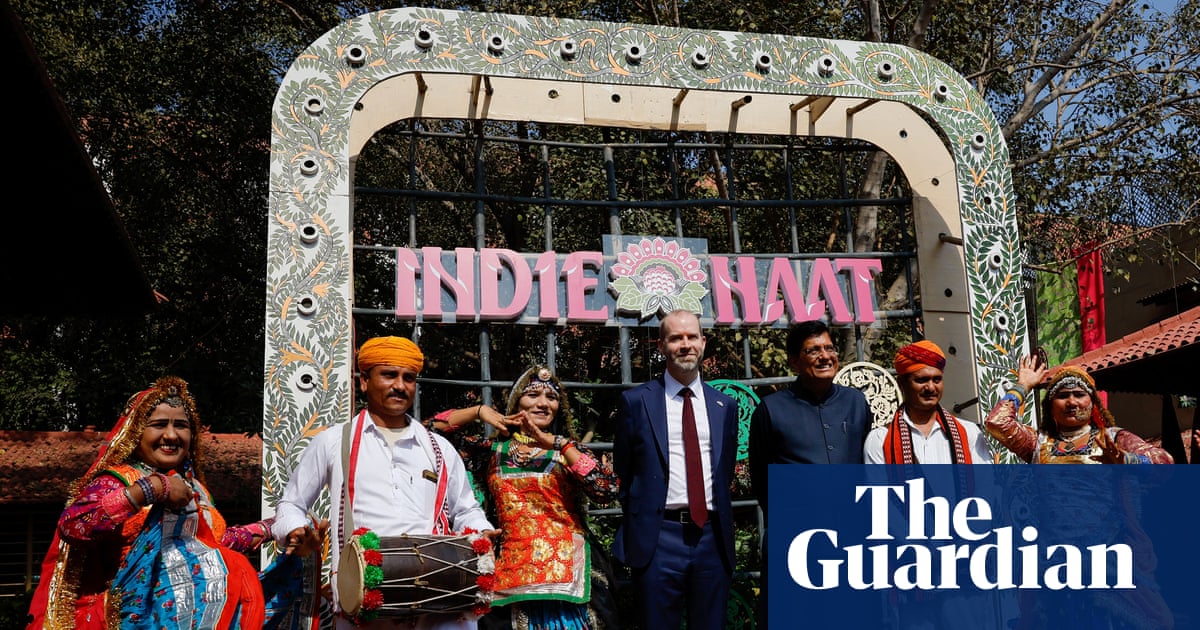
The UK and India finalize a trade deal that marks a shift towards openness and collaboration.
UK and India finalize unexpected trade agreement
Keir Starmer and Narendra Modi are set to sign a £4.8 billion trade agreement on Thursday, representing the end of three and a half years of negotiations. This deal enhances trade in sectors like cars and food between the UK and India, which has an average tariff rate of 13%, well above the UK's 1.5%. The agreement signals a reorientation of India's economy towards international cooperation after years of a protectionist approach. It also showcases the UK government's capabilities in establishing economic ties post-Brexit, marking a significant victory for Labour's trade secretary, Jonathan Reynolds, and his Indian counterpart, Piyush Goyal.
Key Takeaways
"People said this is a country that doesn’t like to do deals, it’s a very protectionist society."
A government official reflects on the successful trade agreement amid previous skepticism.
"Negotiating with India is not the same as negotiating with Australia or the USA."
A UK official emphasizes the distinct relationship-based approach required for negotiations with India.
"Things started to fall into place at such a pace."
A source describes the progress made during the final stages of negotiations.
This trade agreement demonstrates a significant shift in both countries' approaches to international trade. For the UK, it is an affirmation of the government's ability to pivot successfully post-Brexit. For India, it indicates a move away from decades of protectionism towards greater global integration. However, as negotiations continue on other agreements, the ongoing challenges around immigration and investment may prove to be barriers that hinder further collaboration. The relationship-based approach taken by negotiators has also highlighted a crucial aspect of diplomacy in trade talks—trust and personal connections saw these discussions succeed against forecasts of delays.
Highlights
- People said this is a country that doesn’t like to do deals.
- Negotiating with India requires building trust and relationships.
- Things started to fall into place at such a pace.
- This marks a significant step away from protectionism.
Sensitive political implications surround trade agreement
The trade deal's negotiations involved balancing immigration concerns and political signaling, which may raise public reaction and scrutiny.
Future developments will clarify the full impact of this trade partnership.
Enjoyed this? Let your friends know!
Related News
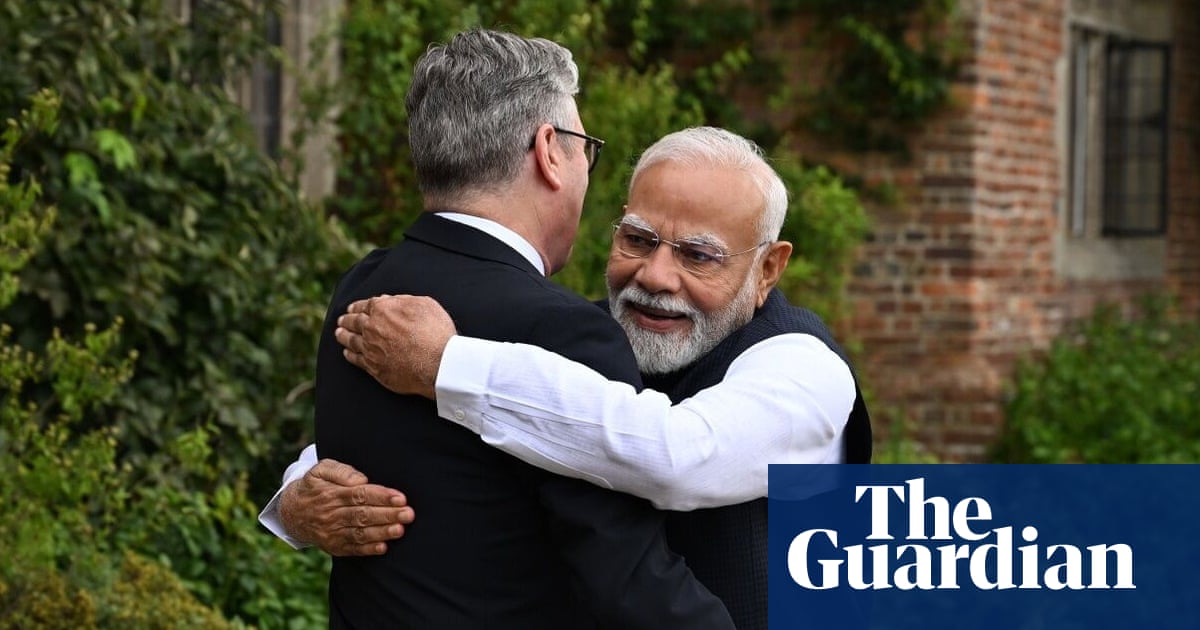
UK and India sign historic trade deal

Mortgage approvals increase as housing market stabilizes
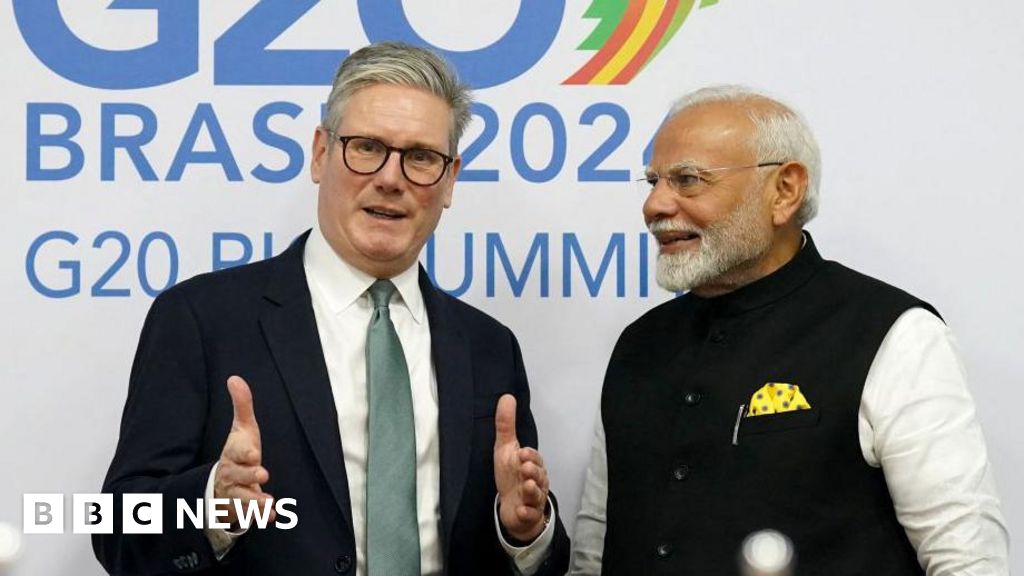
Modi and Starmer finalize major trade agreement
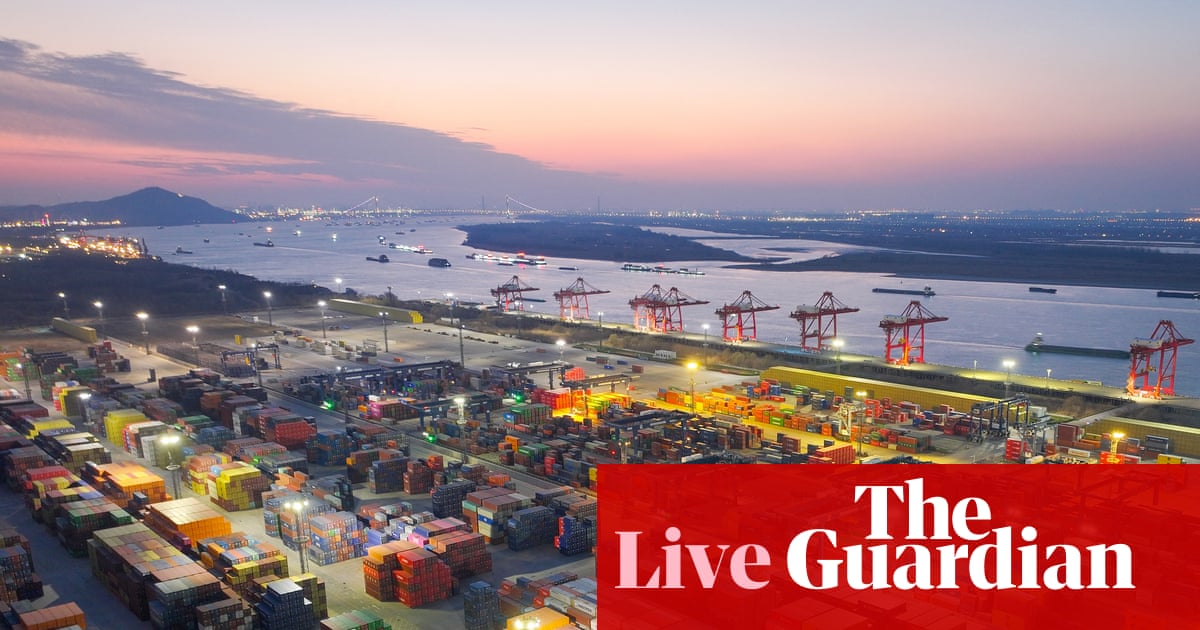
Stock markets fall sharply after Trump tariff announcement

US-EU trade deal limits tariffs to 15%
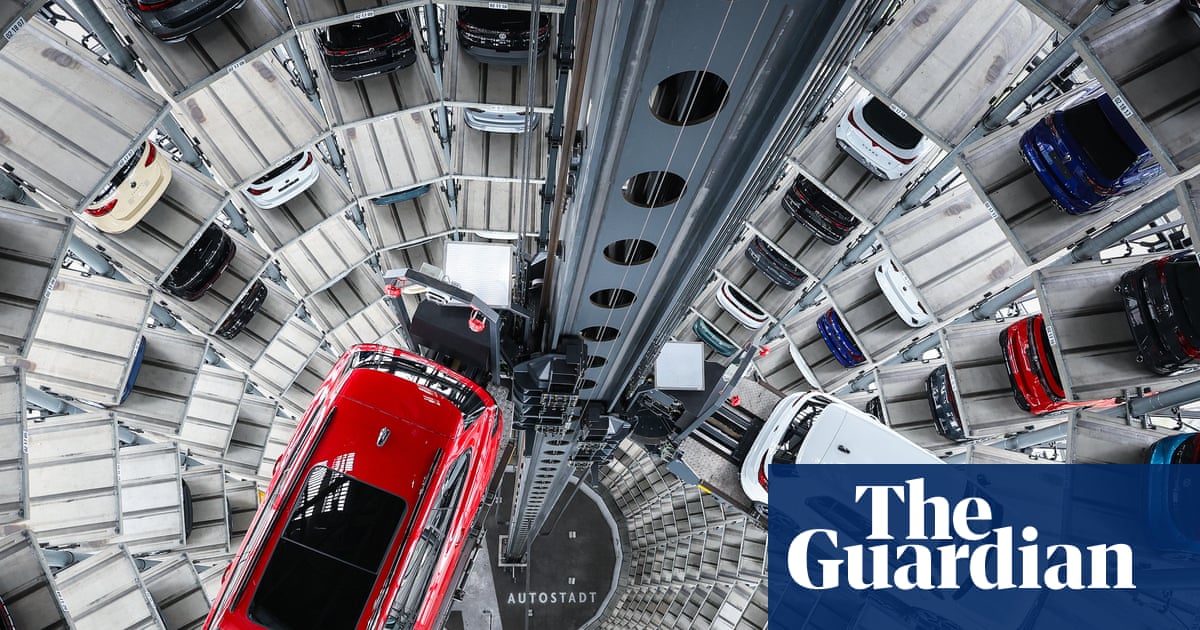
US-EU trade deal faces backlash from European leaders
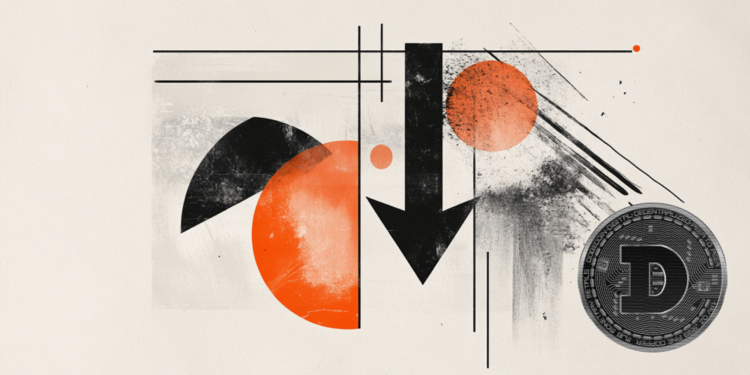
US Dollar Weakens After Trump Comments on Fed Chair
Global markets surge after US-EU trade agreement
